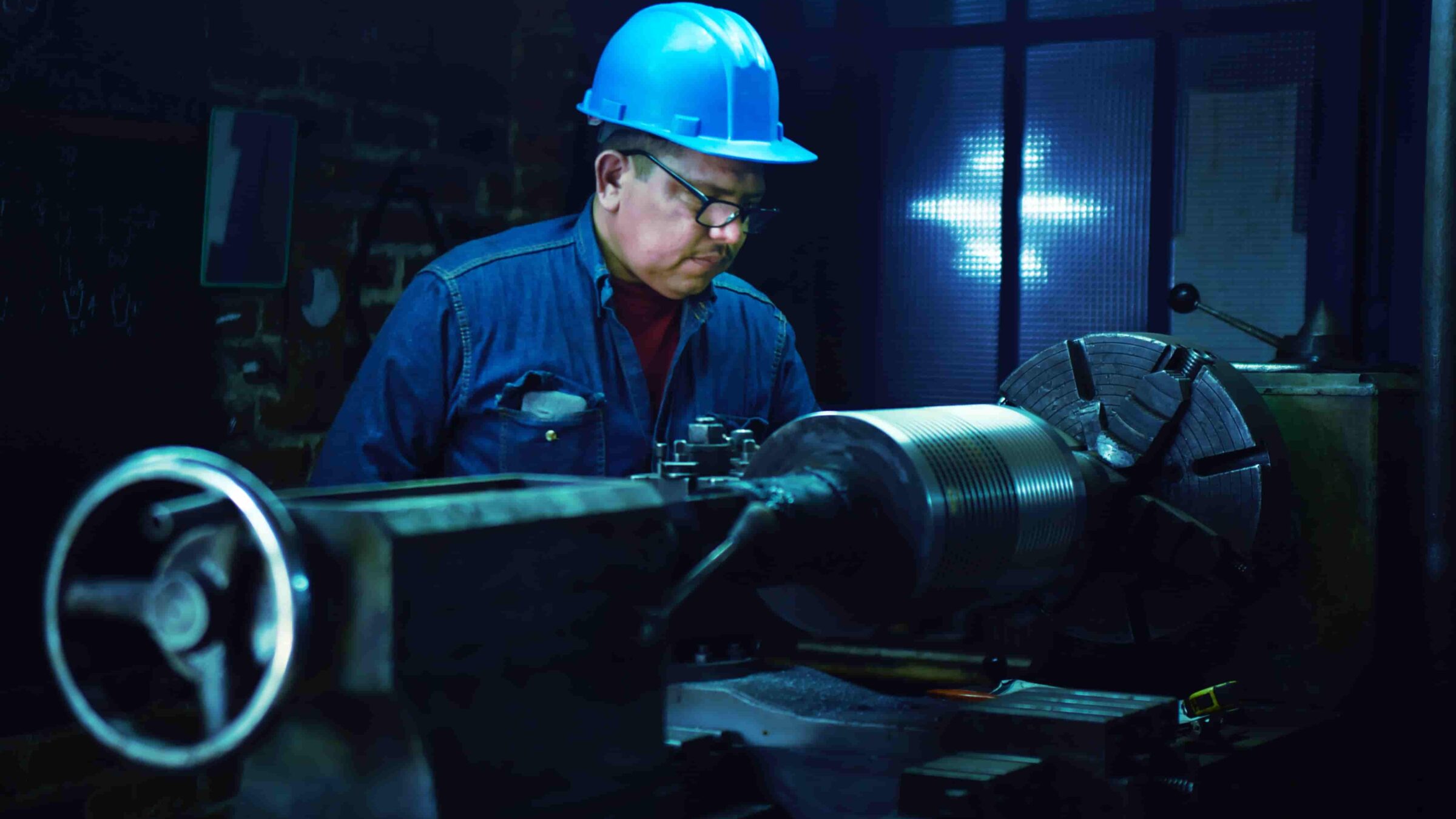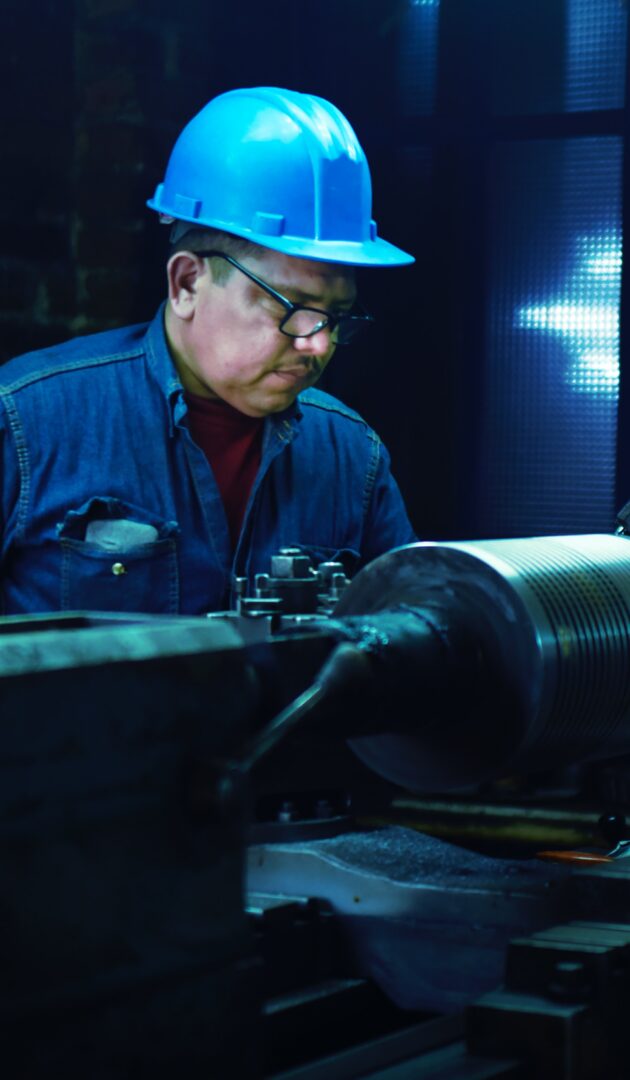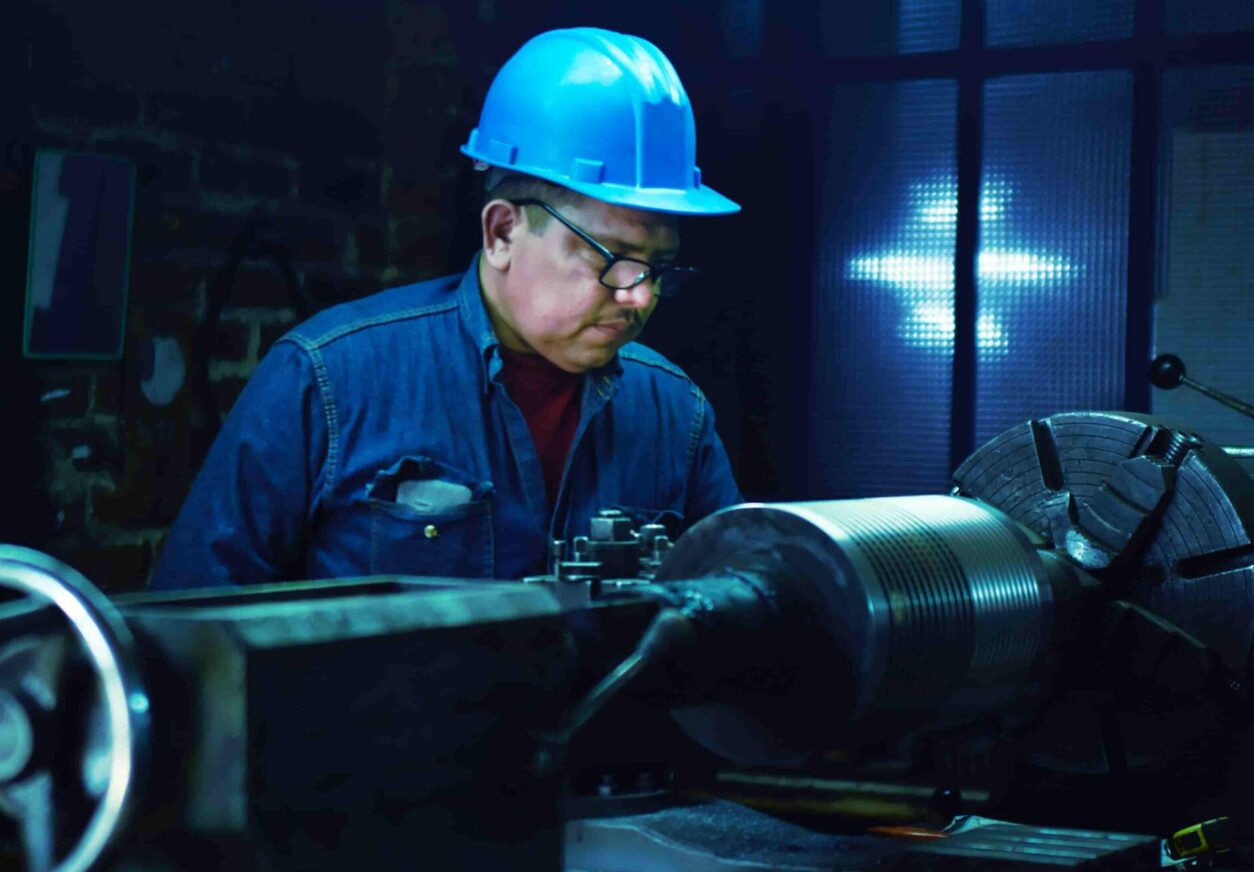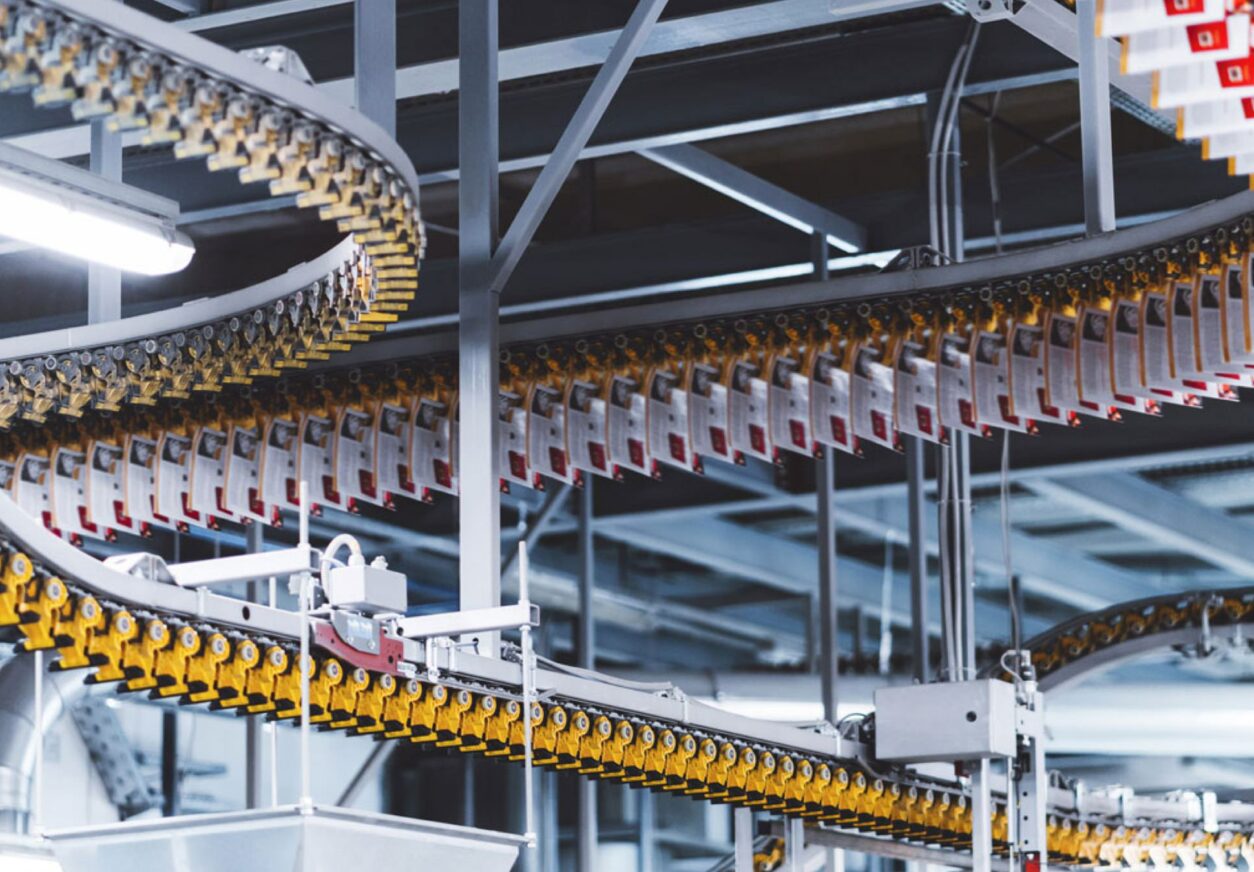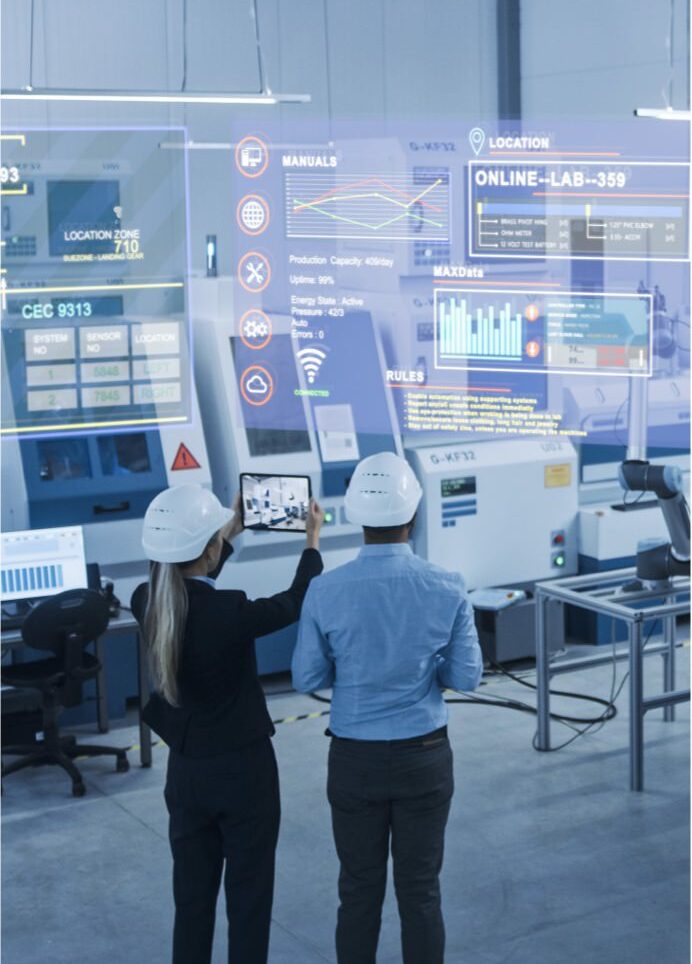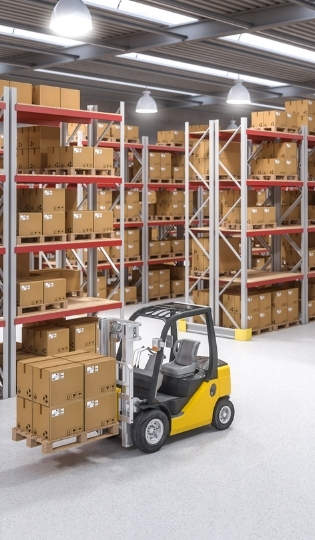Digital: a real added value in the factory
Thanks to its new technologies, such as augmented reality, artificial intelligence and the digital twin, it is clear that digital technology brings significant productivity gains to companies.
The emergence and deployment of digital in companies, in addition to offering profound transformations in the product and service offer, has radically changed the daily life of operators in the factory, by modifying the entire organisation.
What are the real impacts of the new technologies on these operators?
The digitalisation of tools and methods
The most important impact is probably on the way operators work. The digitalisation of industrial processes has totally transformed the production chain. From the receipt of orders to stock management, via manufacturing and delivery, the provision of a centralised information system has turned the work of production operators upside down.
These new technologies, which have a strong impact on operators, are called ICT, Information and Communication Technologies.
Definition of ICT: Information and Communication Technology
ICT is the set of technologies that are used to process, modify and exchange information in the form of digitised data. These technologies provide the opportunity to improve practices and develop new solutions to challenges in factories.
Transformed social relationships
New communication technologies have profoundly changed the way people interact in factories. They allow instant communication between operators. Thanks to shared and collaborative spaces, they can be called upon at each stage of a project and communicate in real time.
This change in communication allows operators to save precious time, have more visibility on ongoing projects and gain more responsibility.
Optimising travel
Quite intuitively, it is understood that the deployment of ICTs also avoids a lot of unnecessary travel between employees, who can now communicate in real time from a distance, thanks to remote conferencing systems or even shared spaces.
In addition to streamlining meetings and travel, digital technology makes it possible to centralise machine data using specialised software.
Improving working conditions
The deployment of digital technology also makes it possible to significantly improve the working conditions of operators. Collaborative robots, for example, make it possible to increase the productivity of operators, while improving their safety and well-being. For example, in the aeronautics industry, there are often very heavy parts to be transported and work to be done at height. The use of exoskeletons with articulated arms allows operators to perform these tasks easily and without risk. As a result of these developments, the concept of the augmented operator is emerging.
What is an augmented operator?
In a previous article, we mentioned the concept of the augmented operator, which refers to an operator whose daily life is simplified, whose efficiency and autonomy are increased, thanks to a range of technologies.
Among these technologies, we find, for example, connected safety shoes. These shoes have an electronic device integrated into the sole which detects a loss of verticality or immobility. This provides additional protection for the wearer by detecting a fall and initiating the safety protocol by calling for assistance.
Innovations to improve the working conditions of operators are becoming more and more numerous on the market, and they are complementary to existing Lean Management methods.
A Lean approach
The consequences of the emergence of digital technology in companies are strongly linked to the desire of companies to adopt a lean approach. For example, digital technology offers easier access to training in the form of tutorial videos or webinars. MOOCs (Massive Open Online Courses), SPOCs (Small Private Online Courses) and COOCs (Corporate Open Online Courses) are emerging. This makes it easier for companies to engage in a Lean approach, by introducing a continuous improvement process.
Finally, the ICTs of Industry 4.0 have more than just an impact on the working conditions of operators in the factory, but radically transform their way of working. The very notion of the operator is evolving with digital technology, as the tasks assigned to the operator change with the new technologies implemented in the factory. We are thus witnessing an increase in the responsibility of operators and a growing need for diversified profiles.
Written by Emma Guignard
